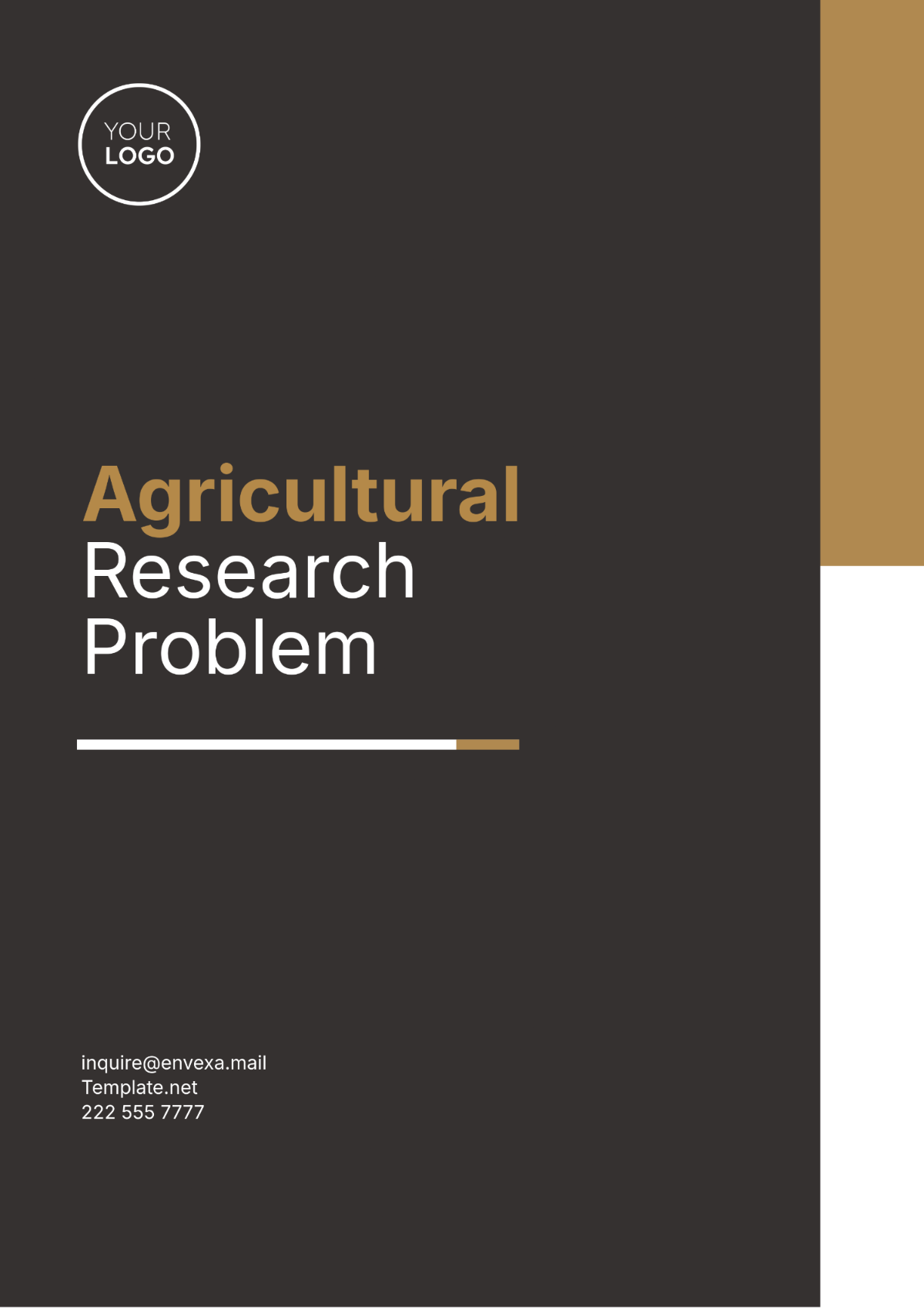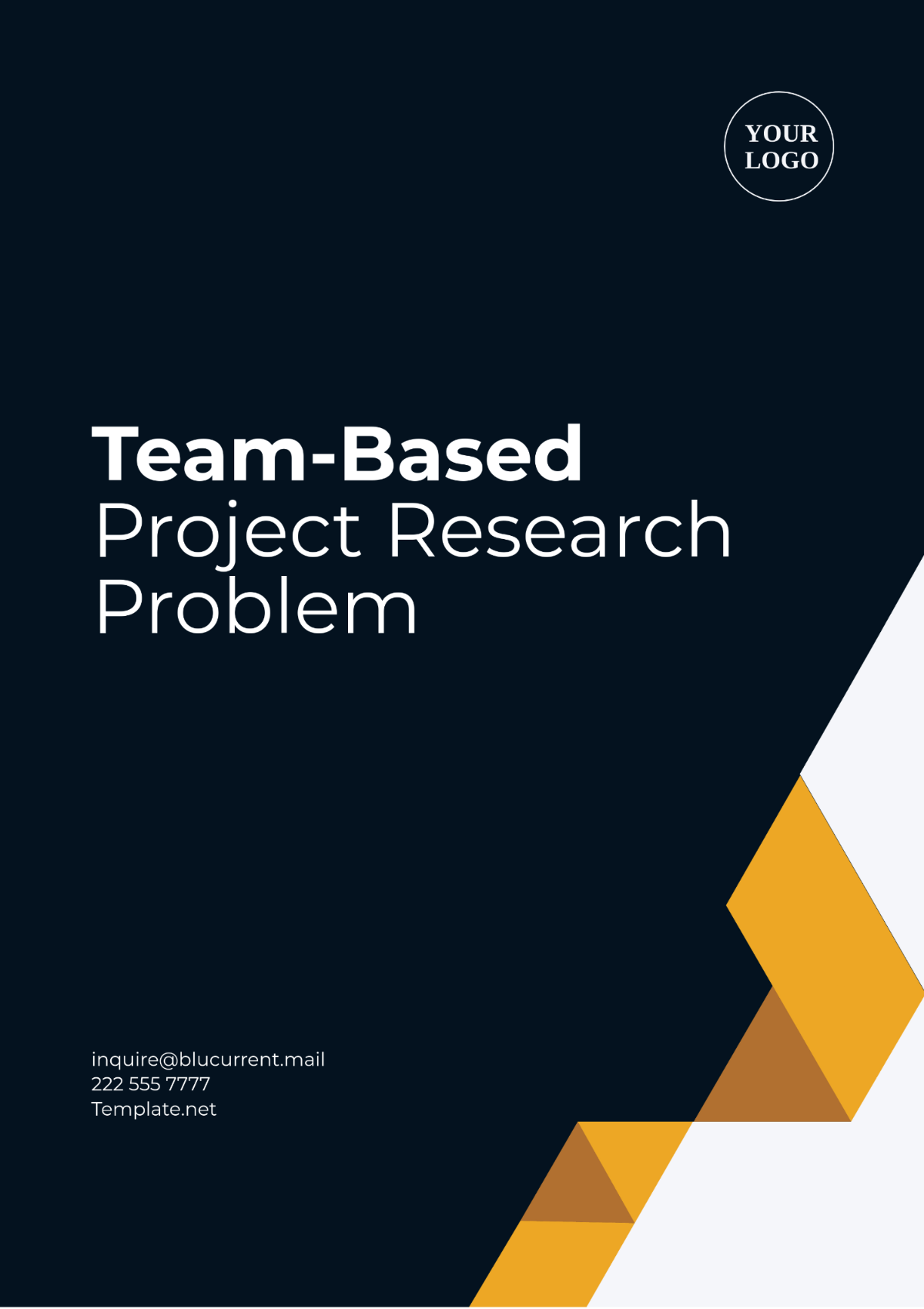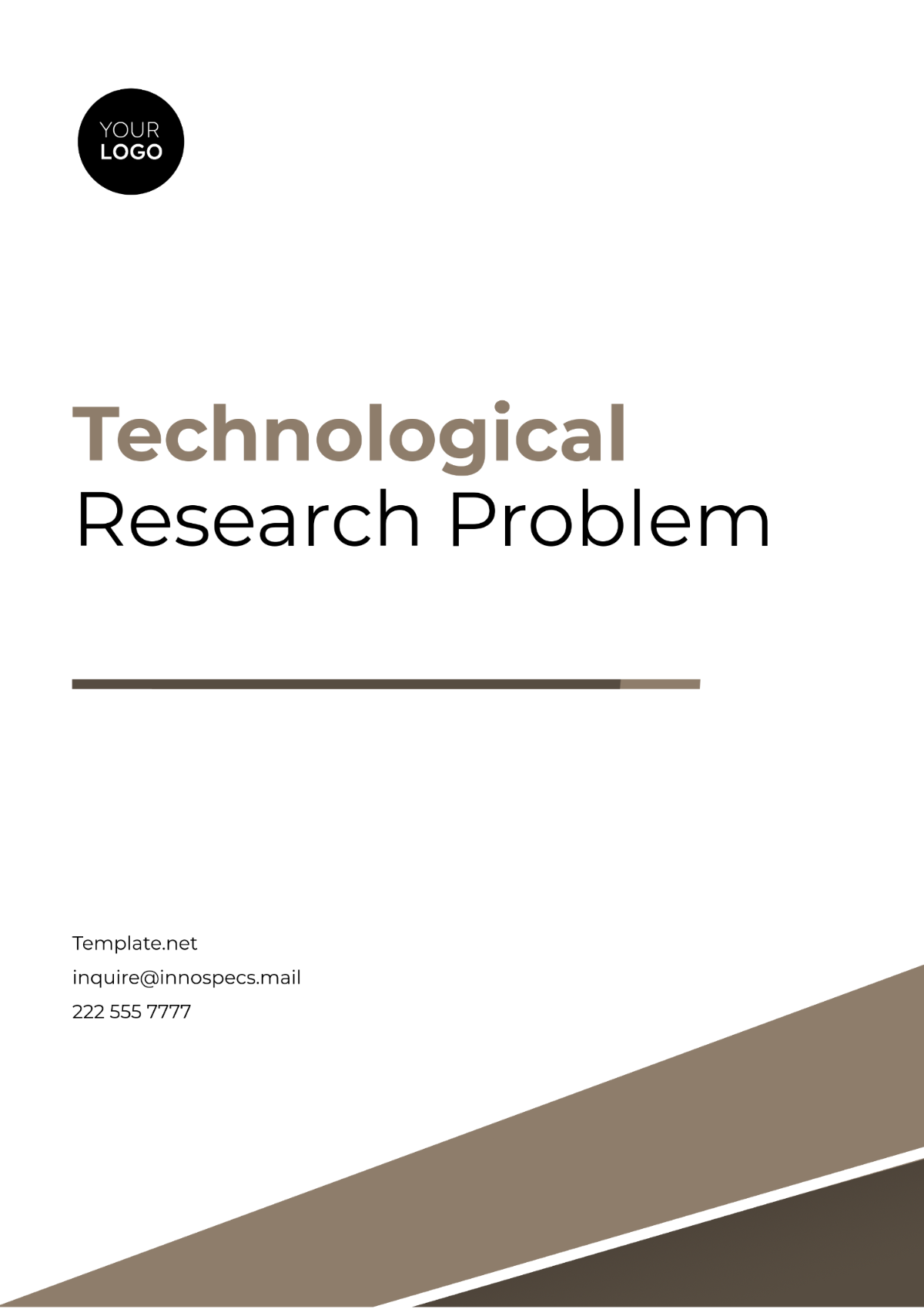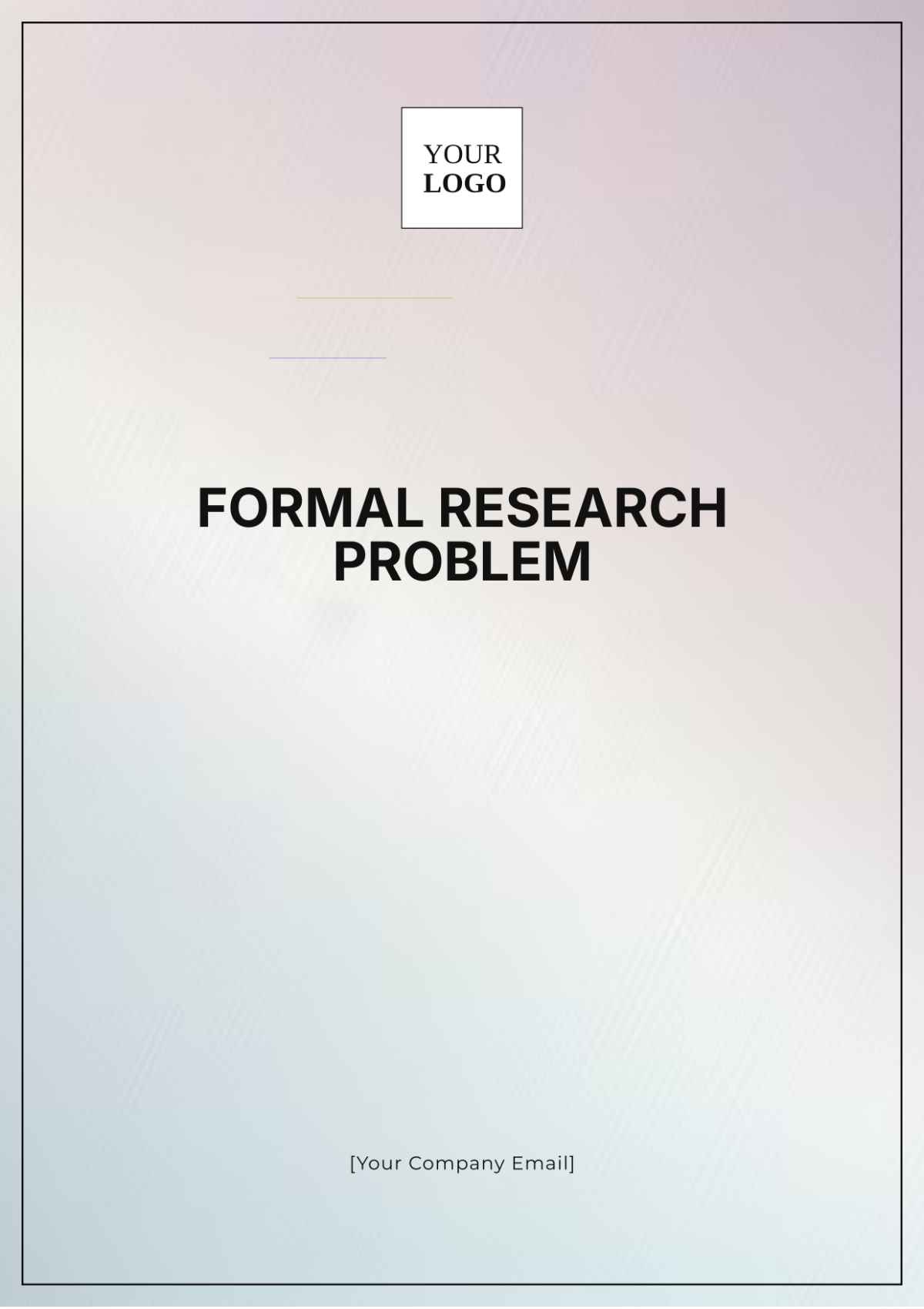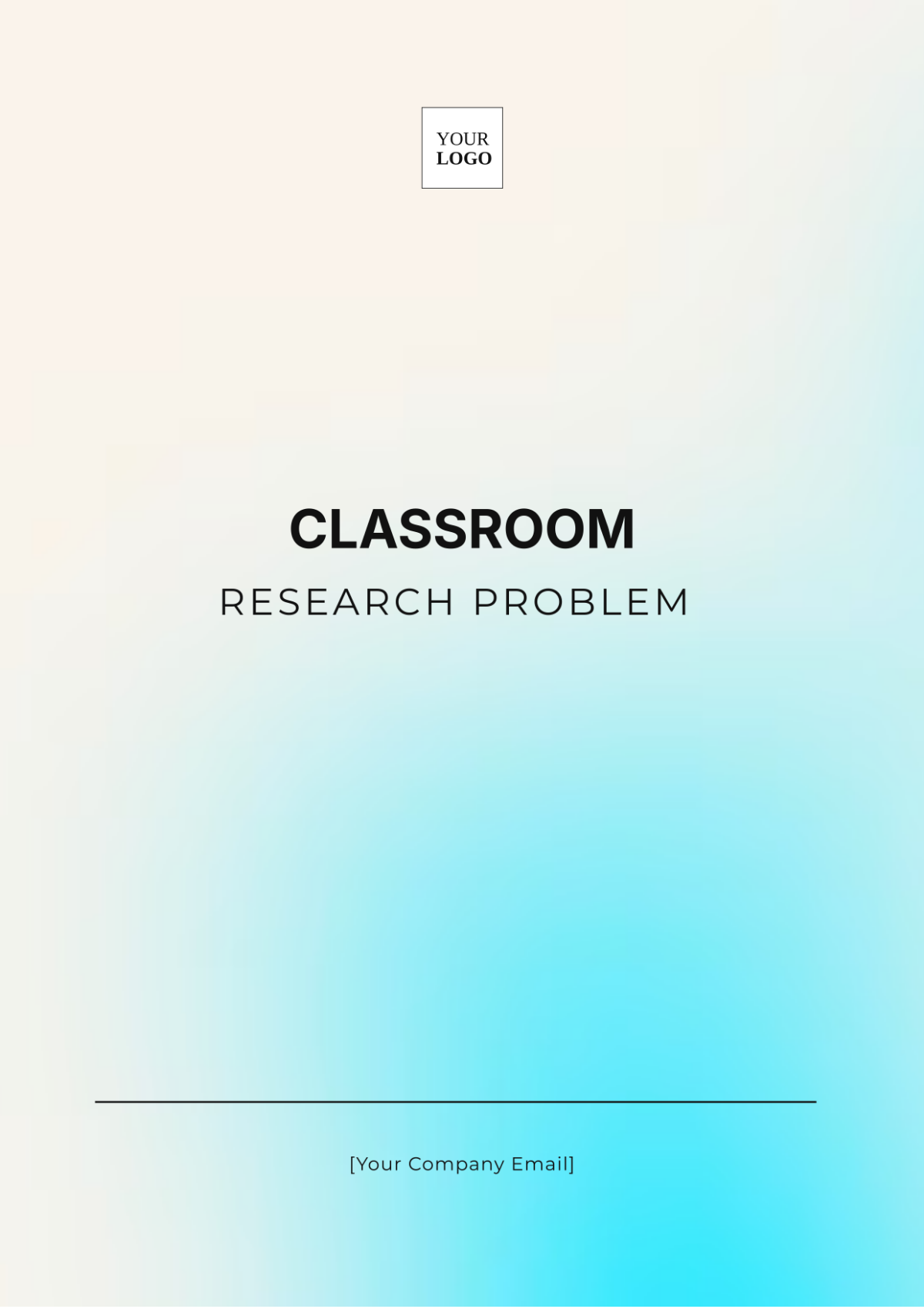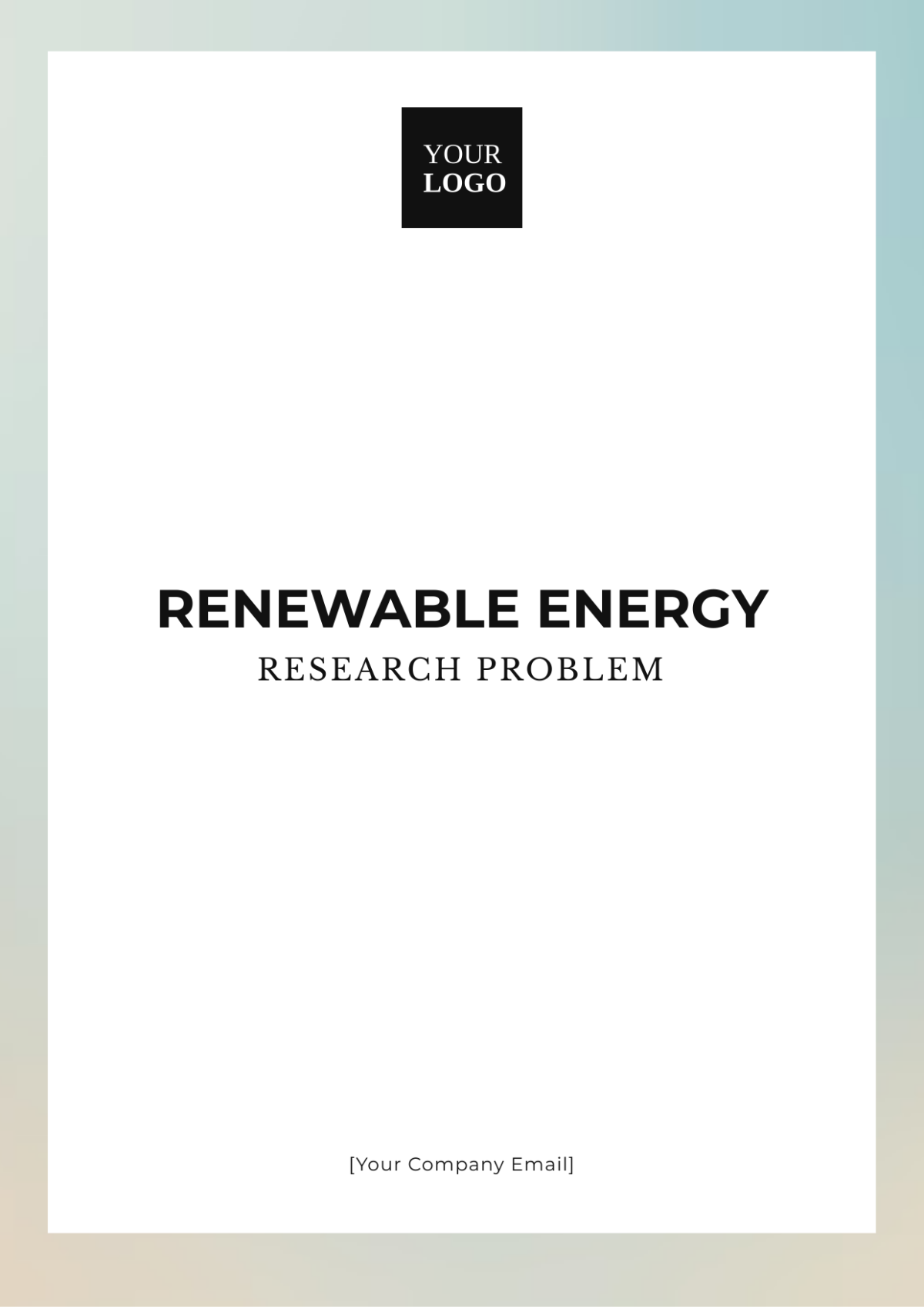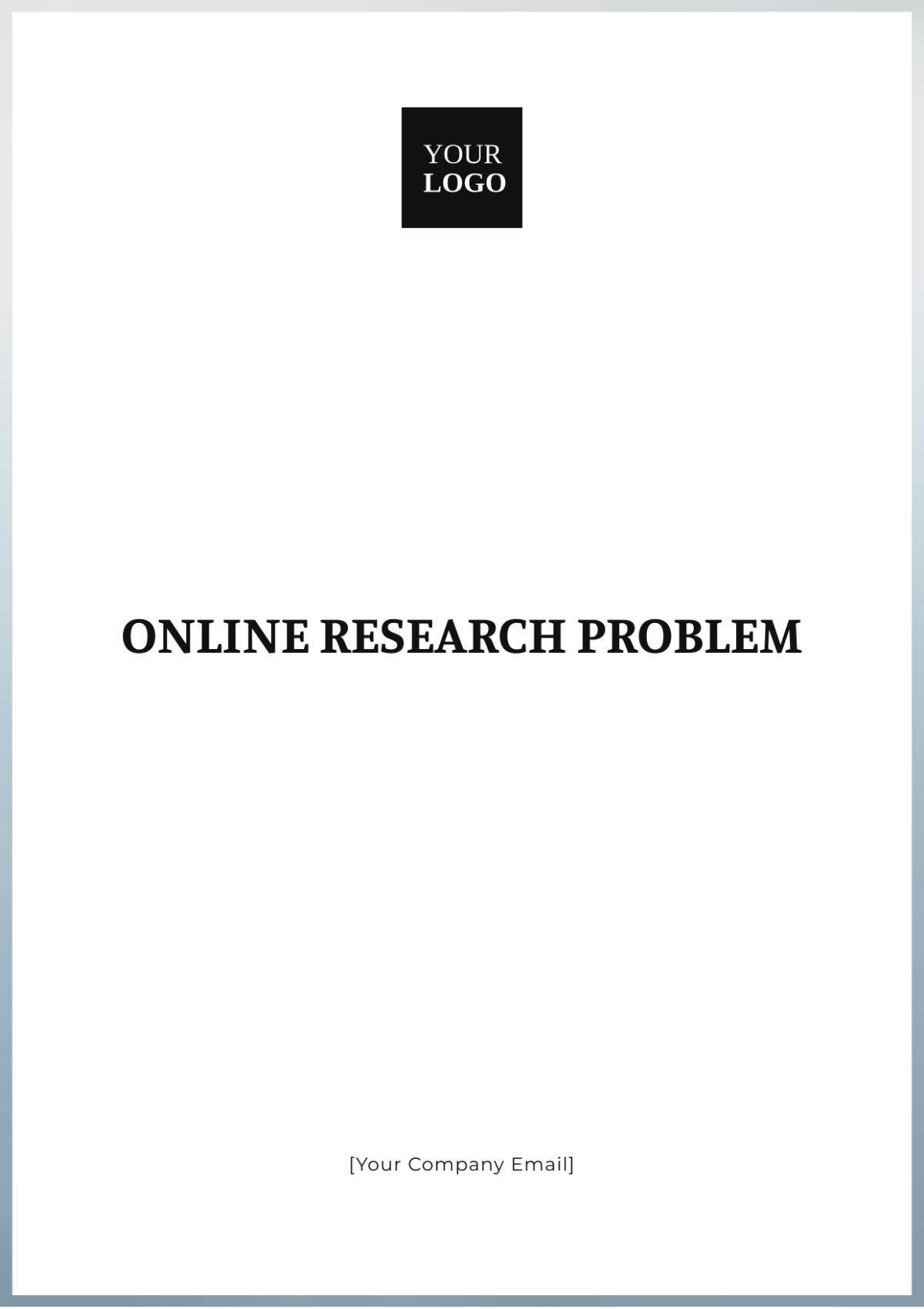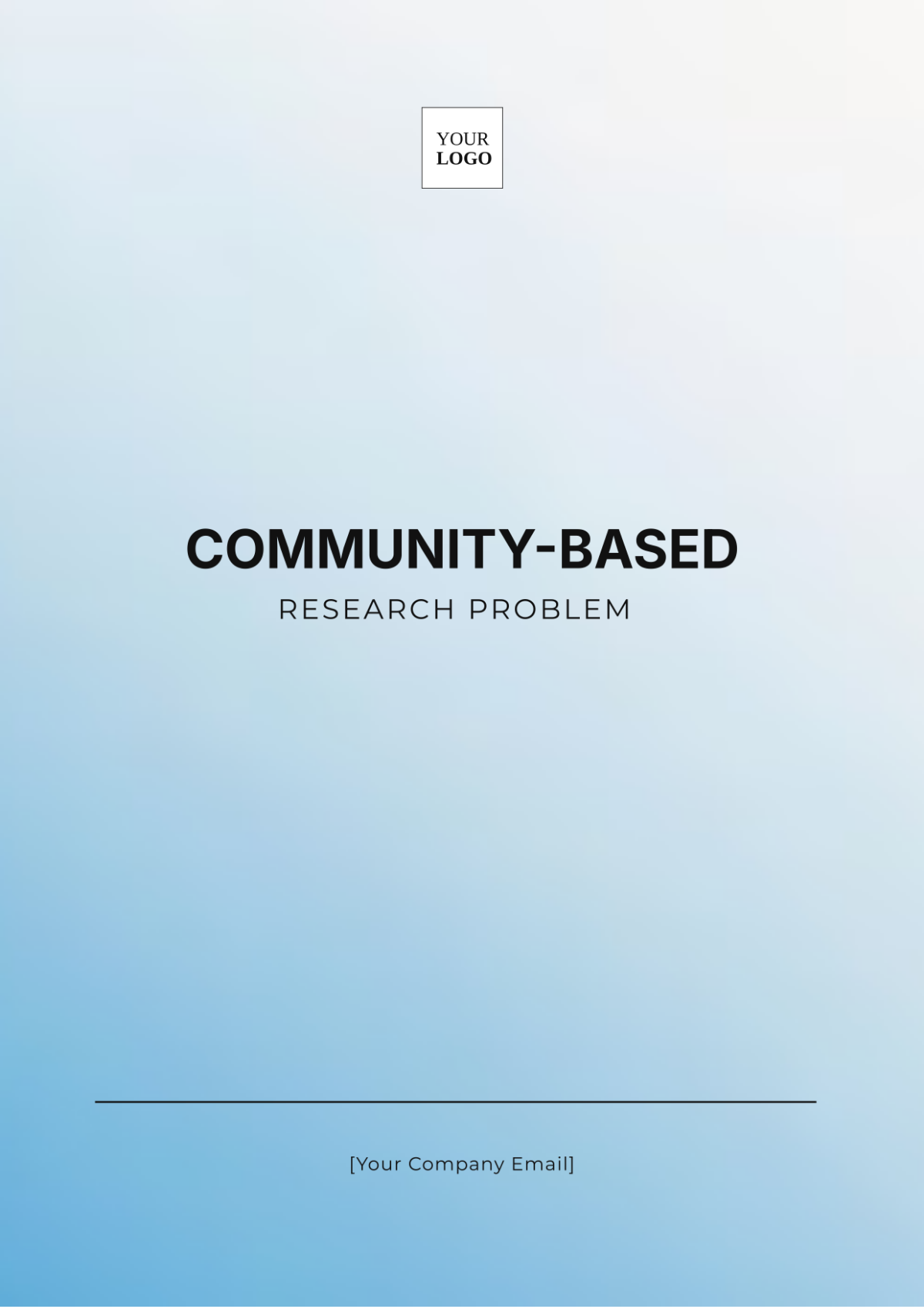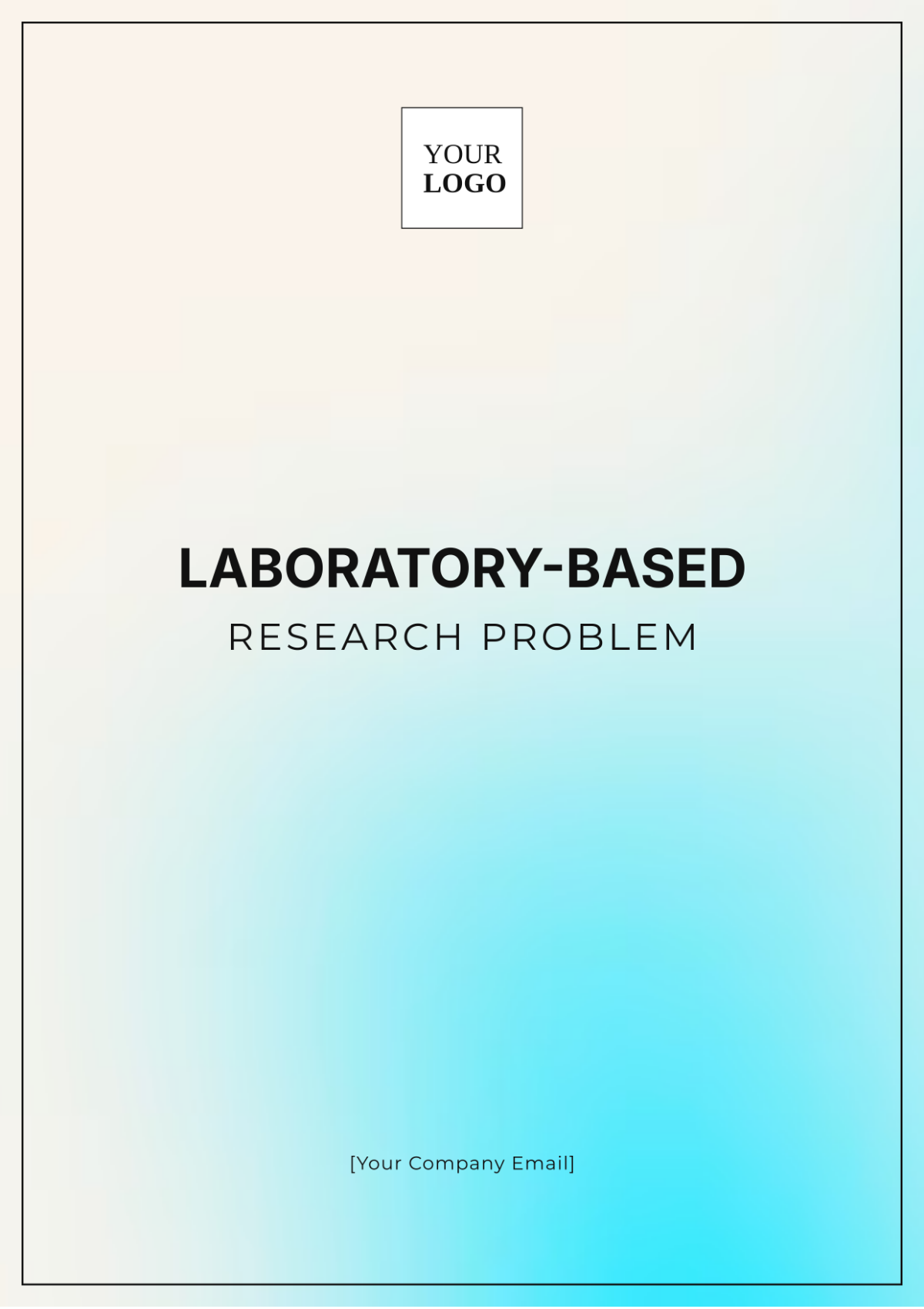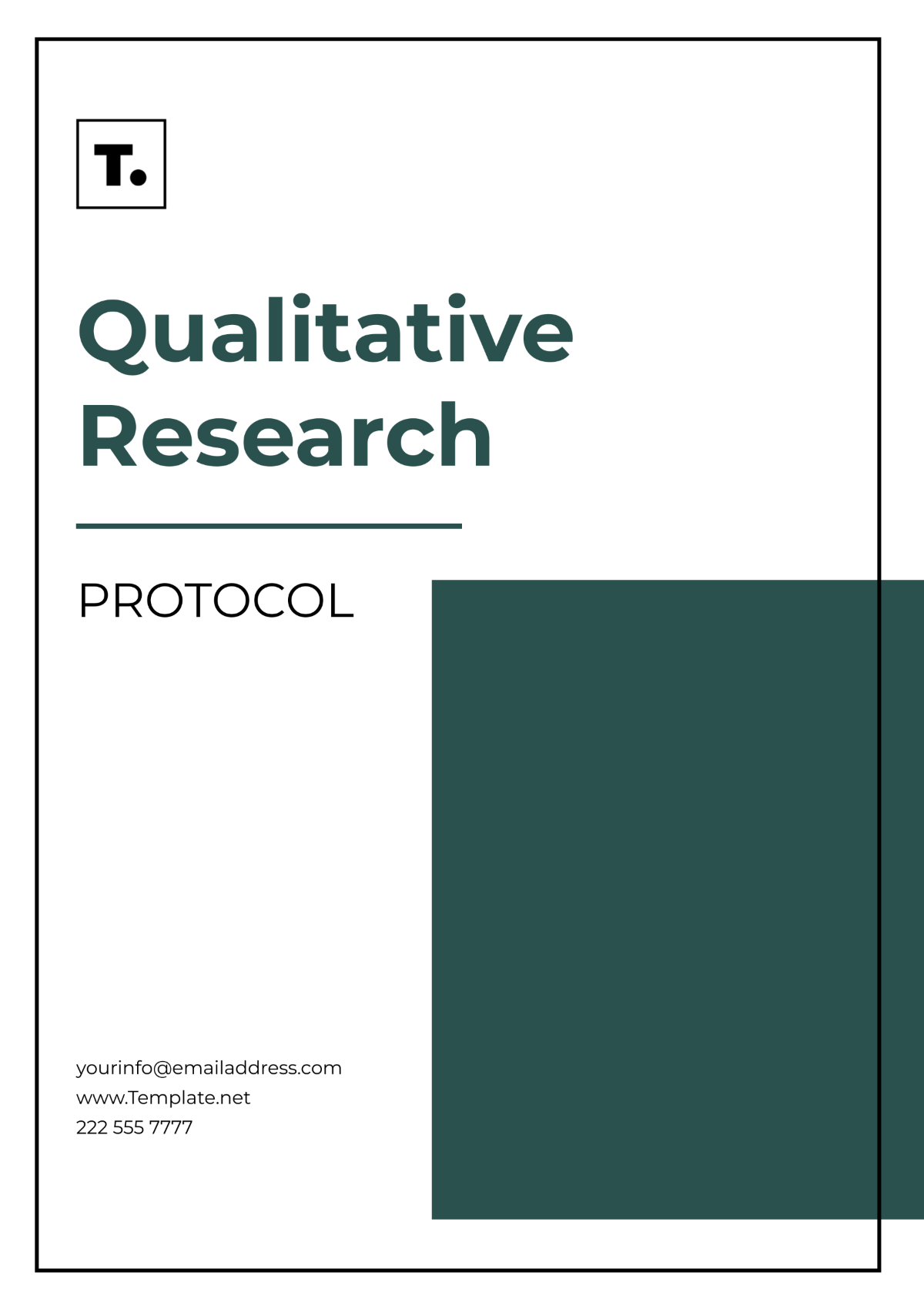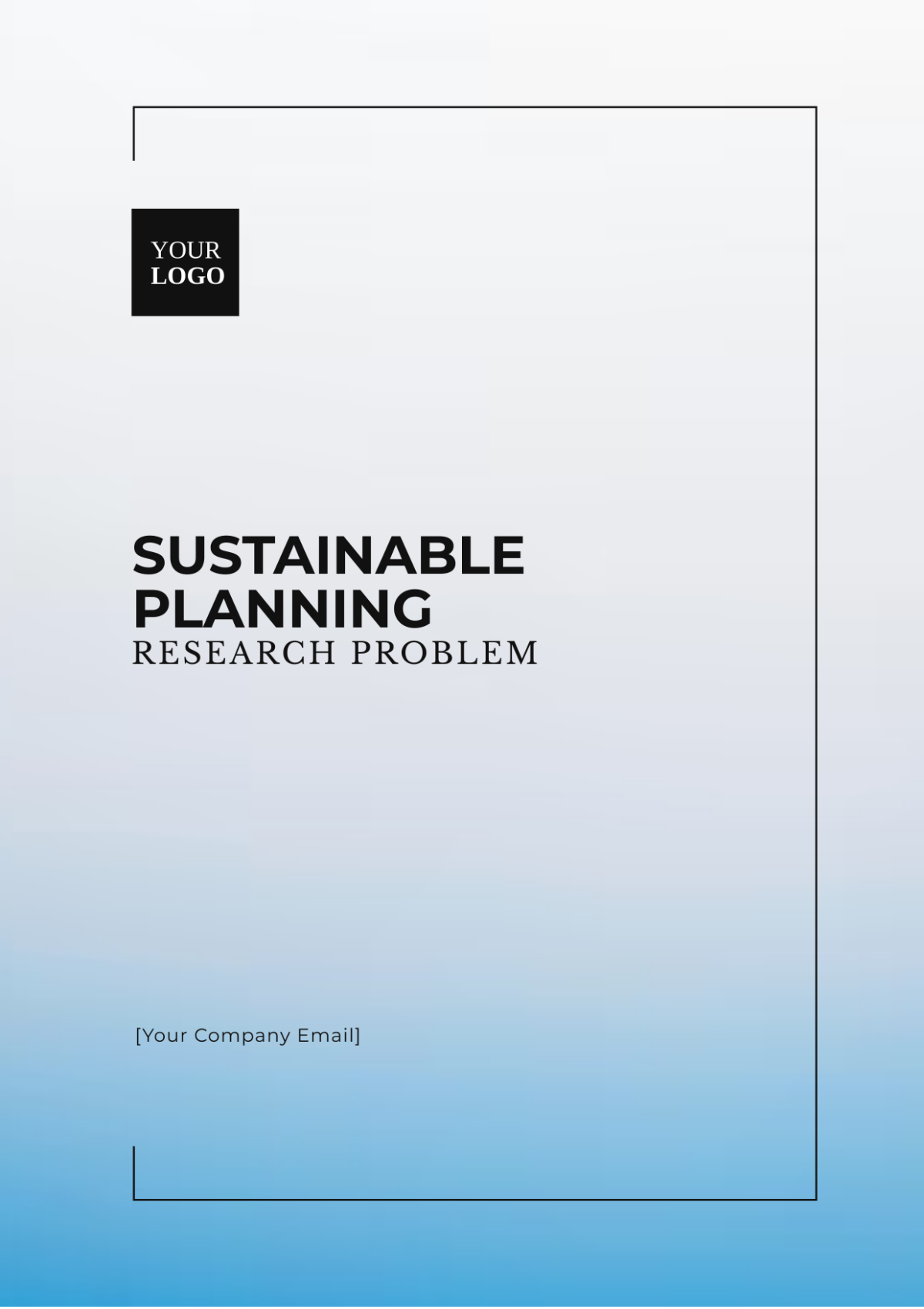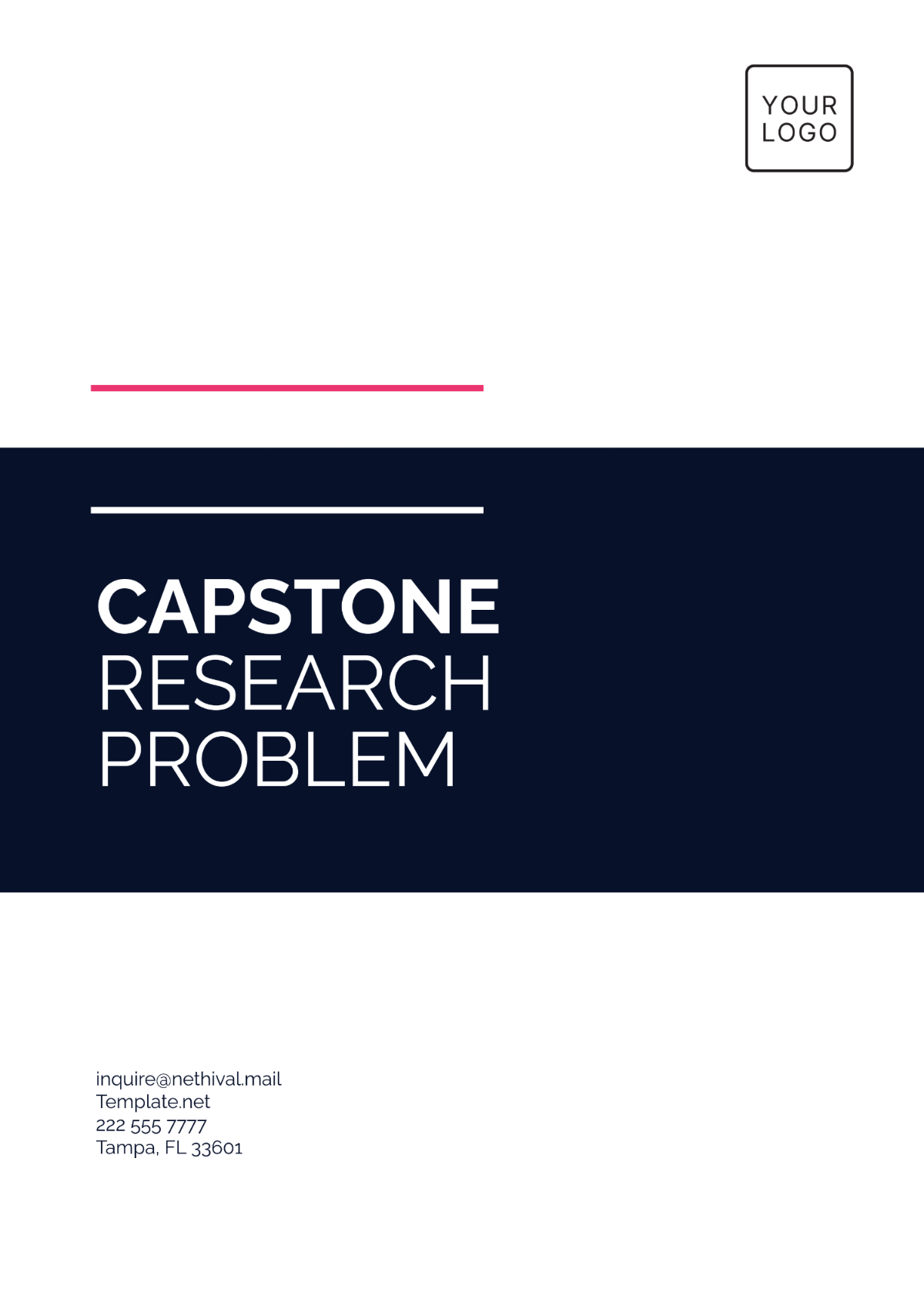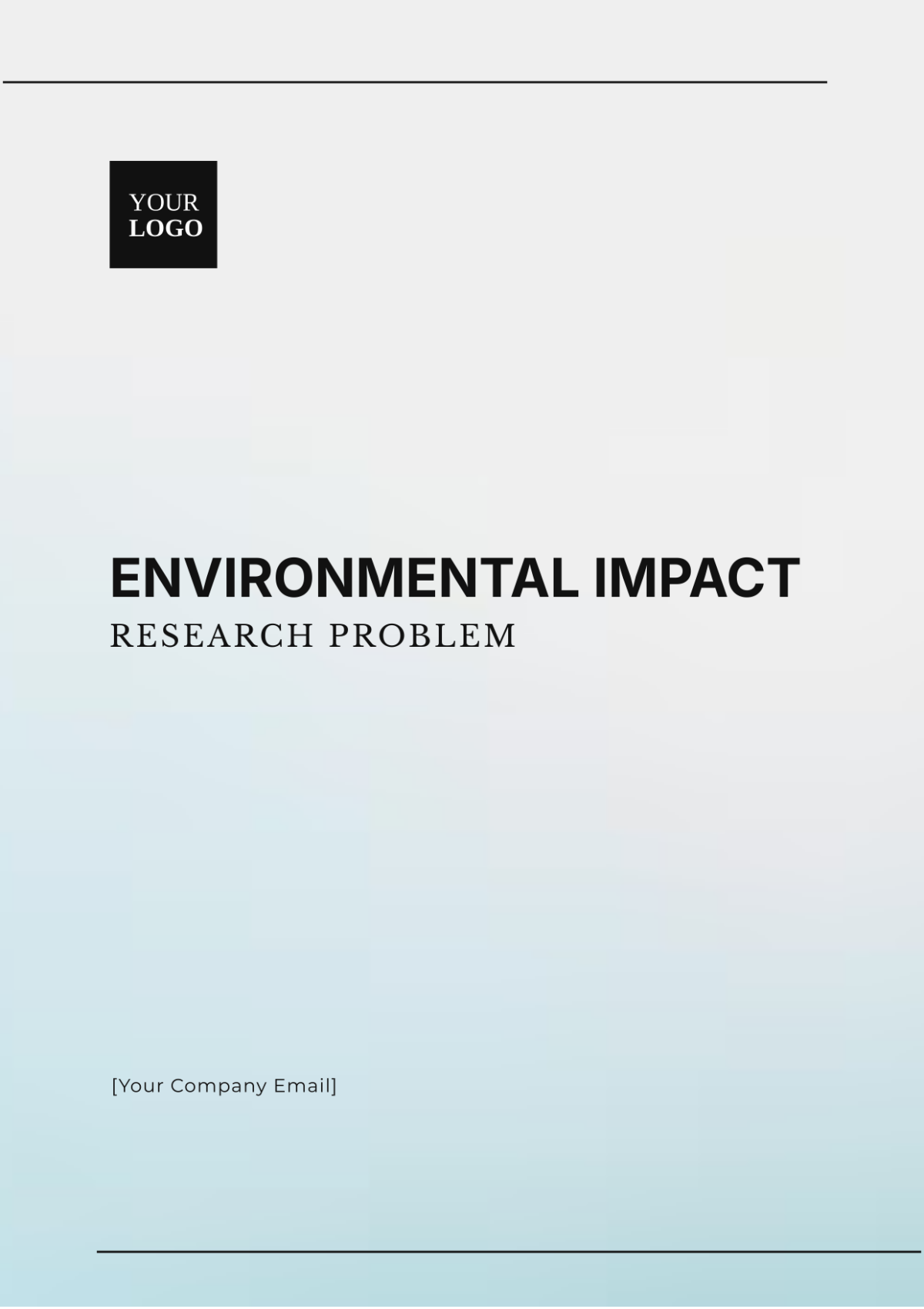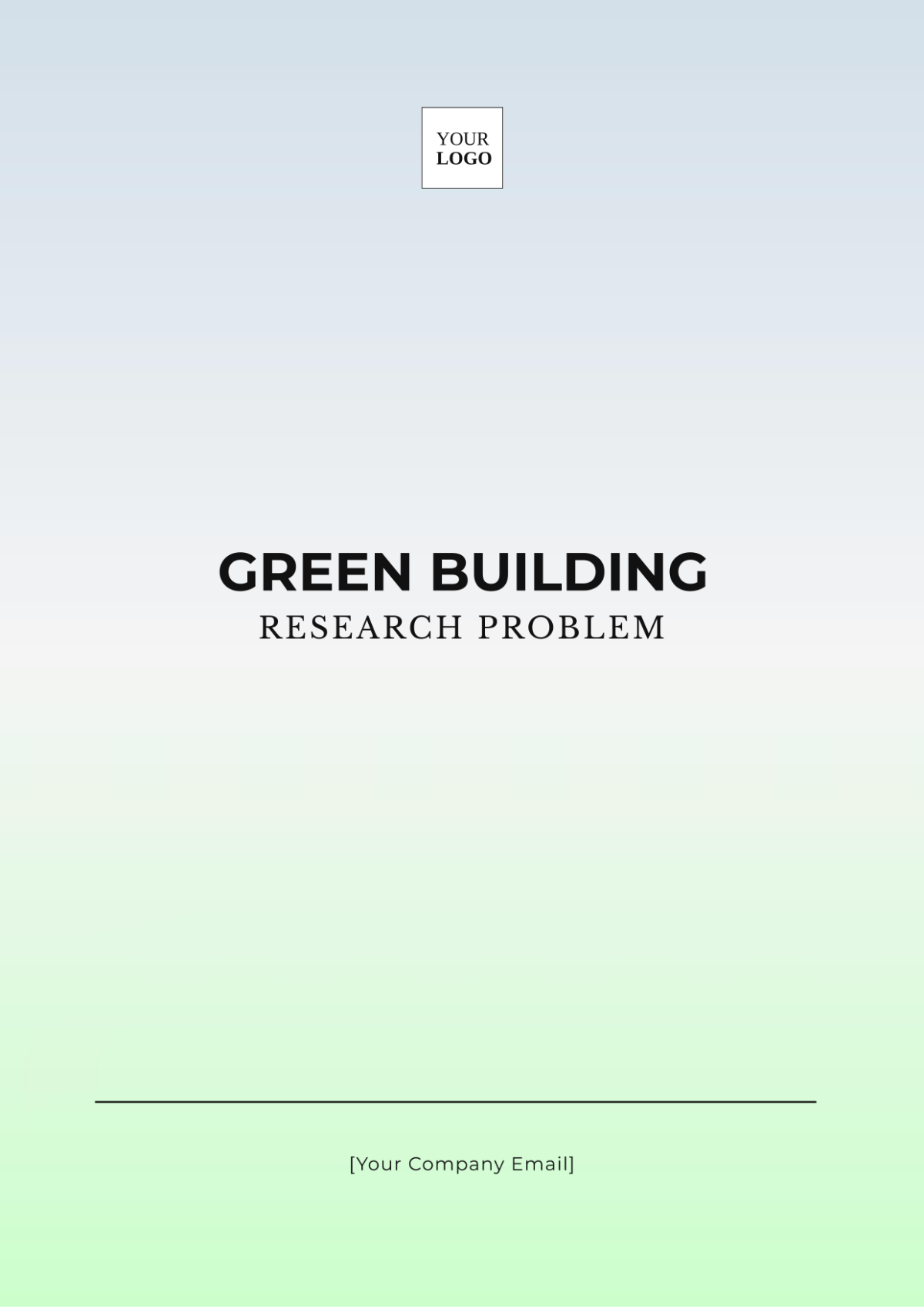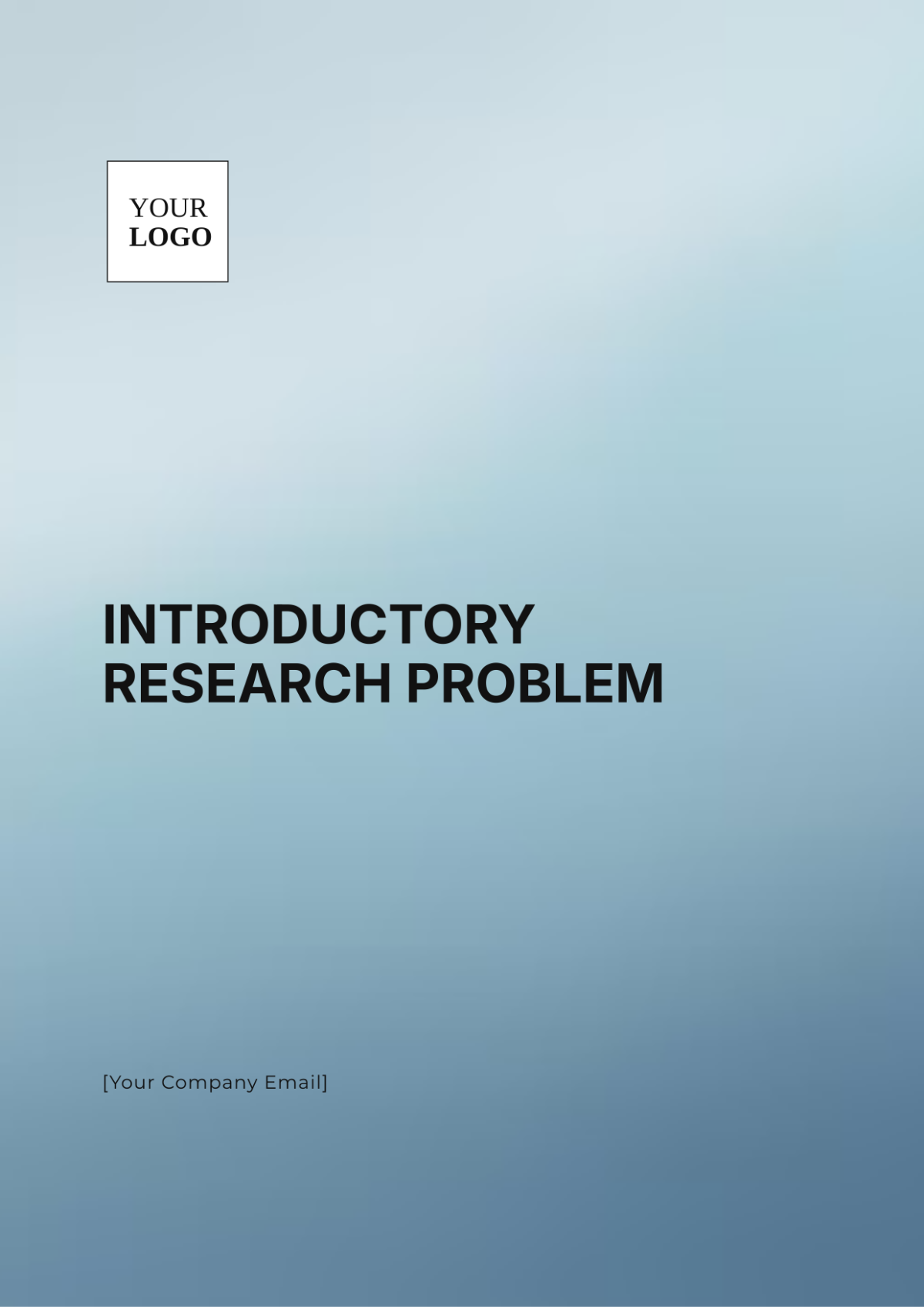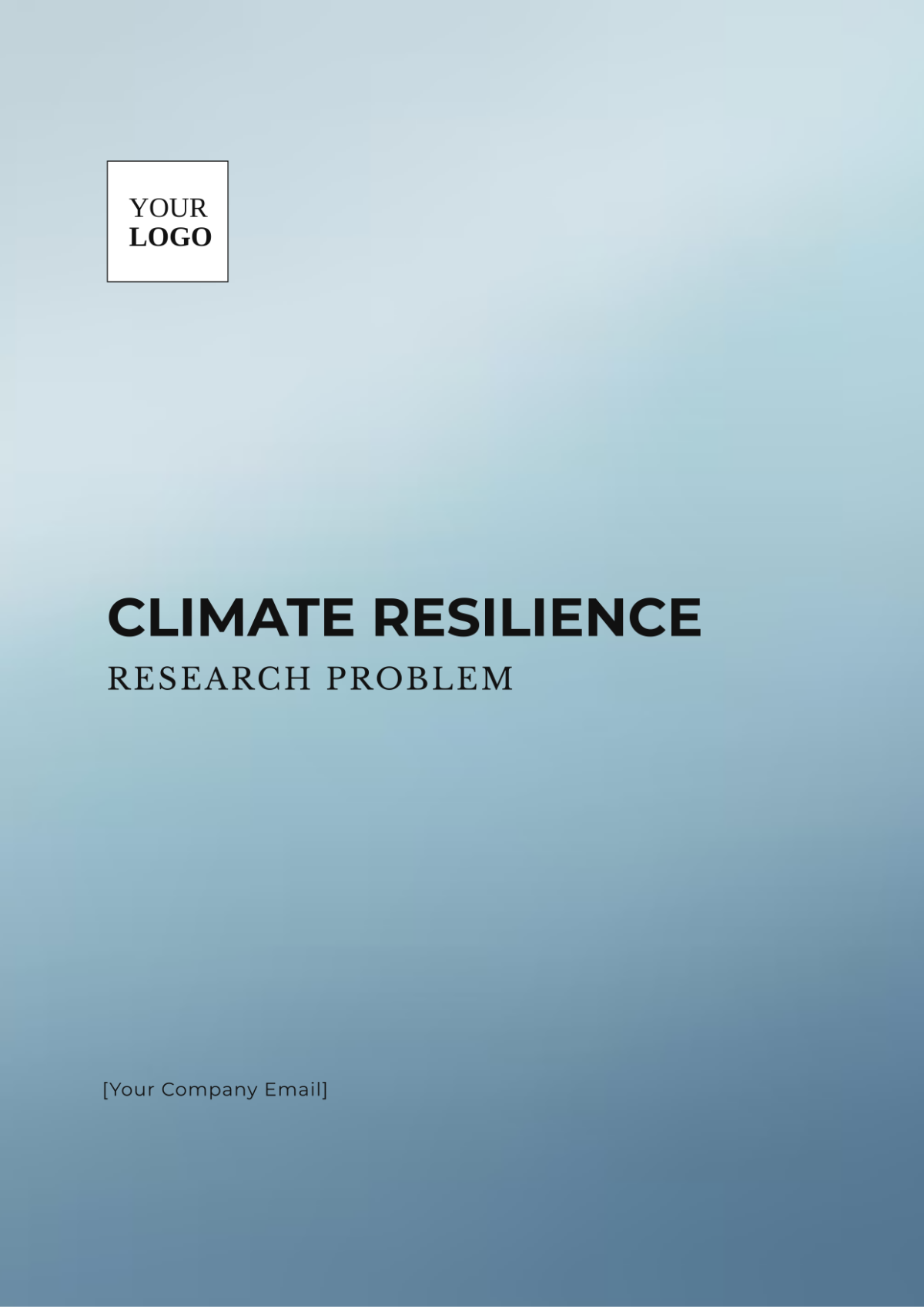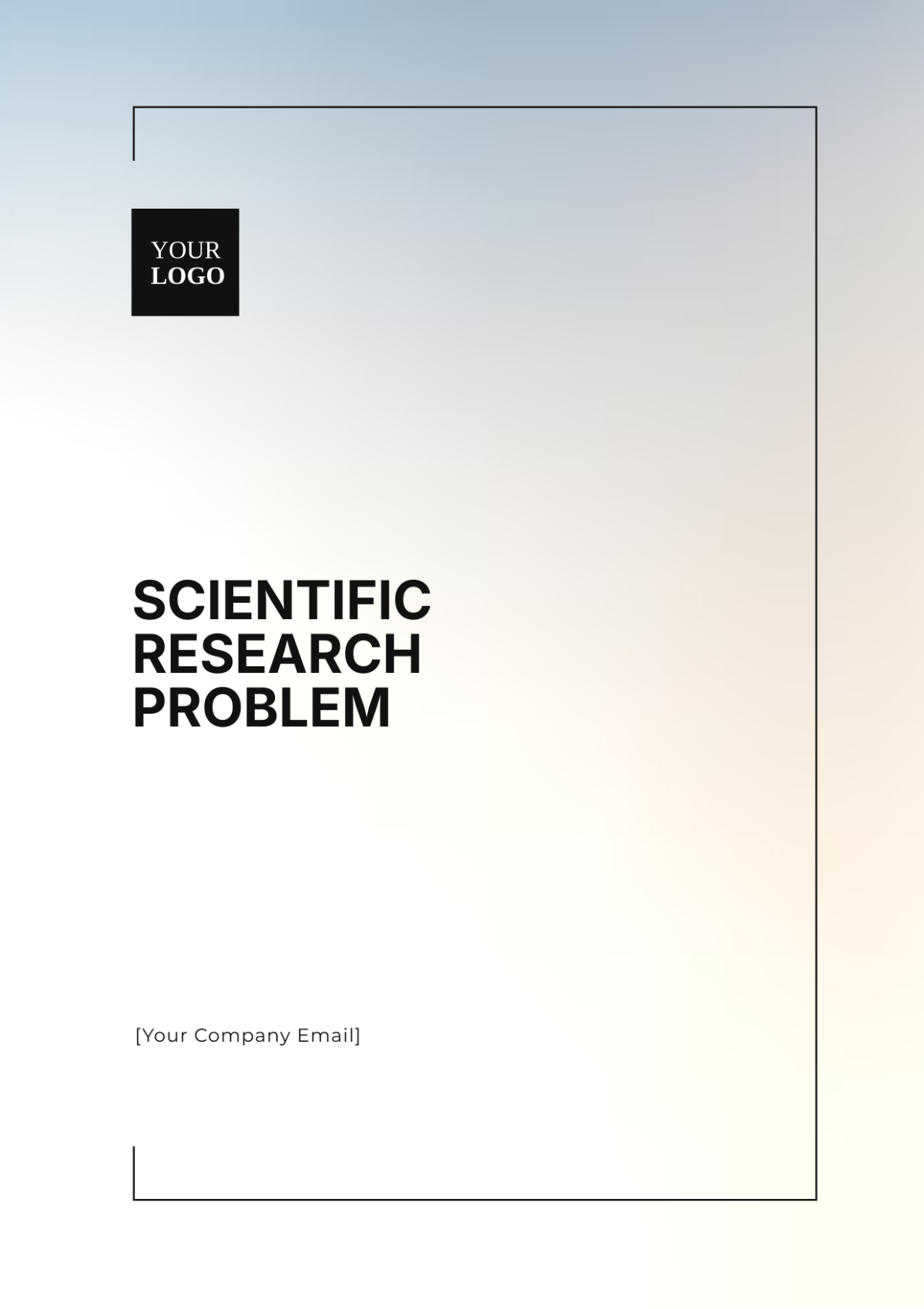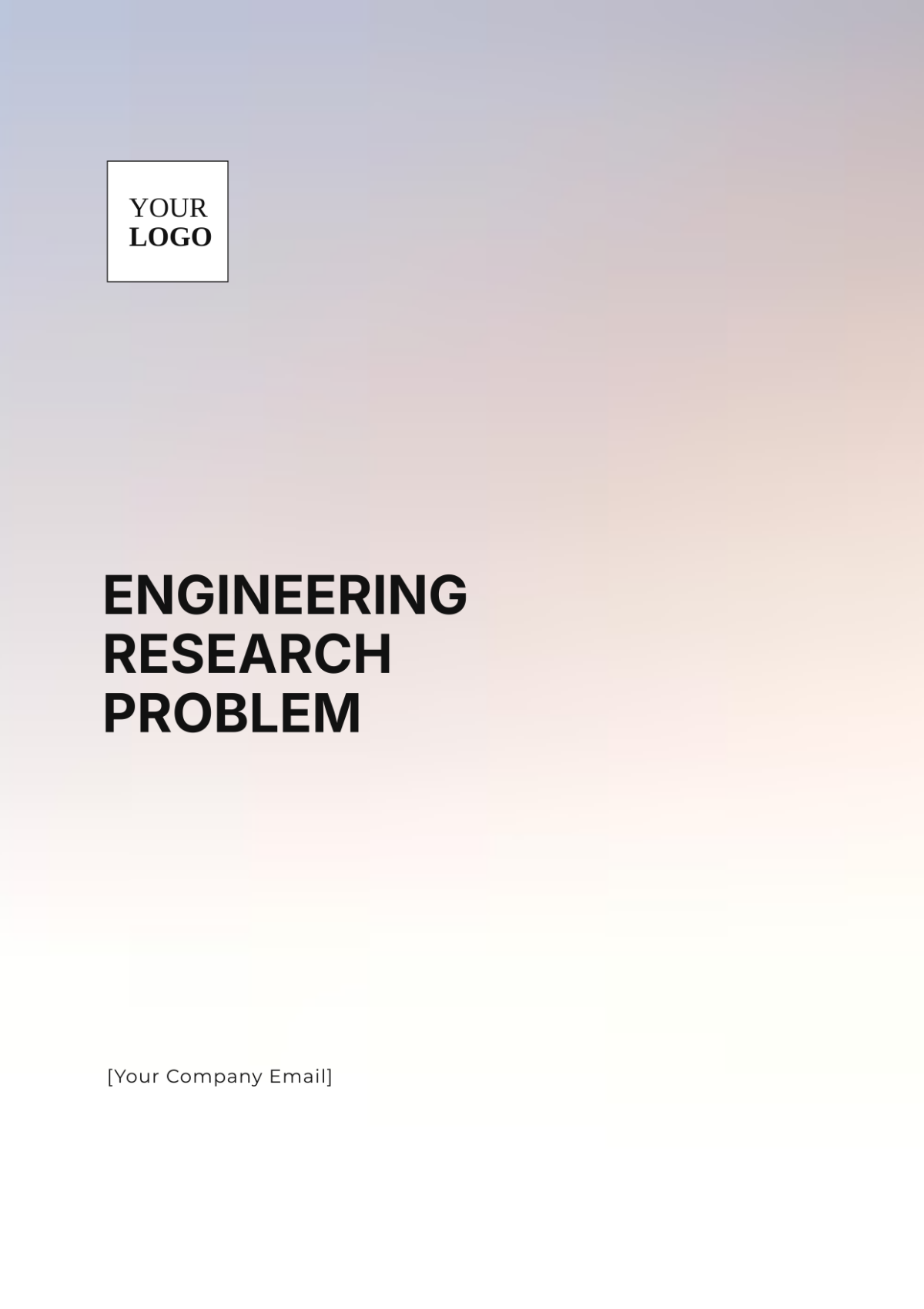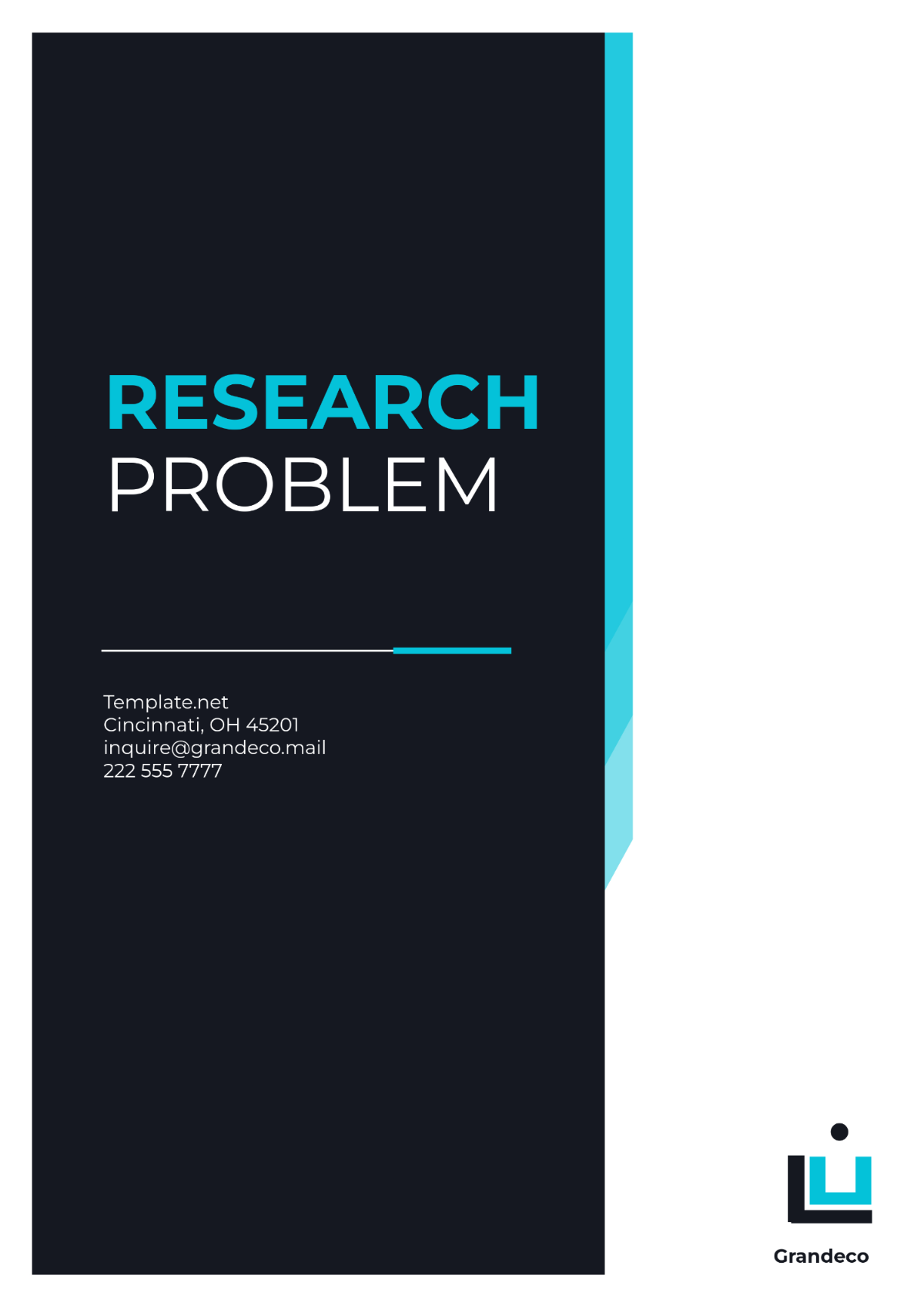Agricultural Research Problem
Prepared By: [Your Name]
Organization Name: [Your Company Name]
1. Introduction
Agriculture is a critical component of the global economy and food security. As the global population continues to grow, there is an increasing need to improve crop yields to ensure that food production can meet demand. One of the significant challenges faced in agriculture is pest control. Pests can cause substantial damage to crops, leading to decreased yields and significant economic losses for farmers. Integrated Pest Management (IPM) is a strategic approach that combines various pest control techniques to minimize the use of chemical pesticides and promote sustainable agriculture.
2. Problem Statement
The primary issue addressed in this research is the need to enhance crop yield while minimizing the adverse effects of pests through the implementation of IPM strategies. This research aims to investigate the effectiveness of different IPM techniques in improving crop yield and reducing dependency on chemical pesticides.
3. Objectives
Evaluate the impact of biological control methods on pest populations.
Assess the effectiveness of cultural practices in preventing pest infestations.
Analyze the role of chemical controls within an IPM framework to ensure minimal environmental impact.
Determine the overall effect of IPM on crop yield and quality.
4. Methods
This study will employ a combination of field experiments and data analysis to achieve its objectives. The methods will include:
Biological Control: Introduction of natural predators or parasites to control pest populations.
Cultural Practices: Crop rotation, intercropping, and the use of resistant crop varieties to prevent pest establishment.
Chemical Control: Limited and targeted use of pesticides to manage pest outbreaks while minimizing non-target effects.
Monitoring and Assessment: Regular monitoring of pest levels and crop health to evaluate the effectiveness of the IPM strategies.
5. Expected Results
It is expected that by putting into action strategies of Integrated Pest Management (IPM), there will be a notable decrease in the populations of pests, a significant reduction in the usage of pesticides, and an overall enhancement in the yields of crops. The research conducted on this subject will offer crucial insights into identifying the most efficient combination of IPM techniques that can be employed for particular types of crops as well as specific geographical regions.
6. Discussion
This study aims to discuss its findings in the broader context of the existing literature on Integrated Pest Management (IPM) and sustainable agriculture. To achieve this, we will conduct a thorough analysis of the potential benefits and limitations associated with each IPM strategy. Additionally, we will provide a set of recommendations aimed at guiding future research endeavors and practical applications within the field. The intention is to offer a comprehensive understanding that facilitates the advancement of IPM methodologies and supports their implementation in sustainable agricultural practices.
7. Conclusion
Integrating various pest control methods through IPM offers a promising approach to enhancing crop yield and promoting sustainable agriculture. By reducing reliance on chemical pesticides, IPM can help mitigate environmental impacts and contribute to long-term agricultural productivity.
8. References
Altieri, M. A., & Nicholls, C. I. (2054). Agroecology and the Search for a Truly Sustainable Agriculture. United Nations Environment Programme.
Pimentel, D., & Peshin, R. (Eds.). (2053). Integrated Pest Management: Pesticide Problems. Springer Netherlands.
Pretty, J. (2058). Agricultural sustainability: concepts, principles, and evidence. Philosophical Transactions of the Royal Society B: Biological Sciences, 363(1491), 447-465.
















